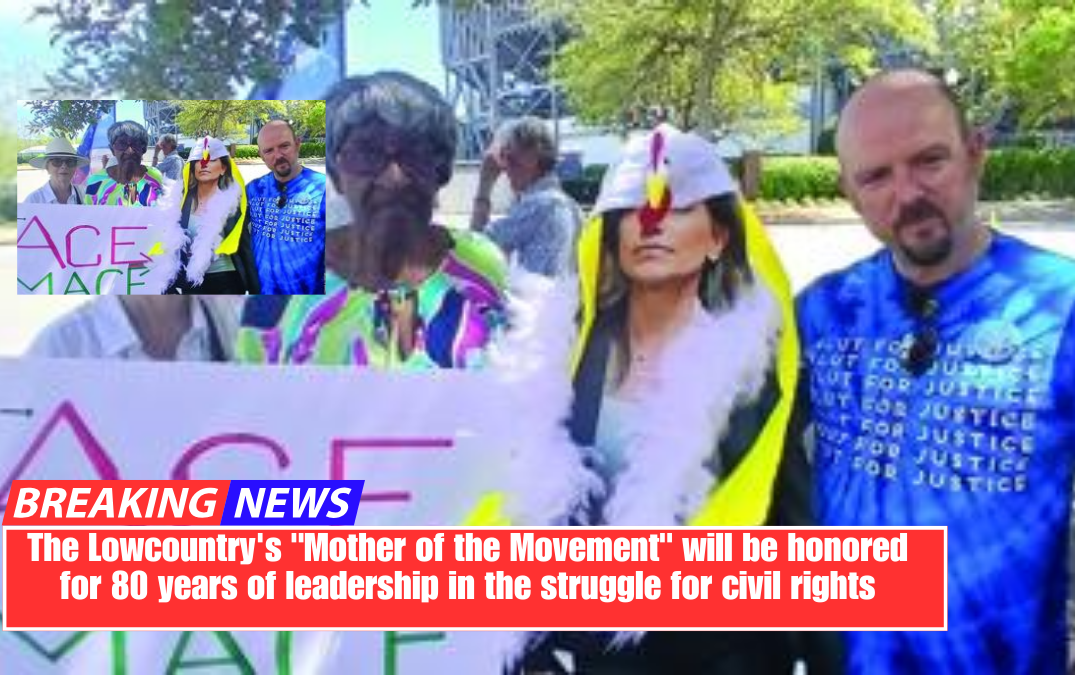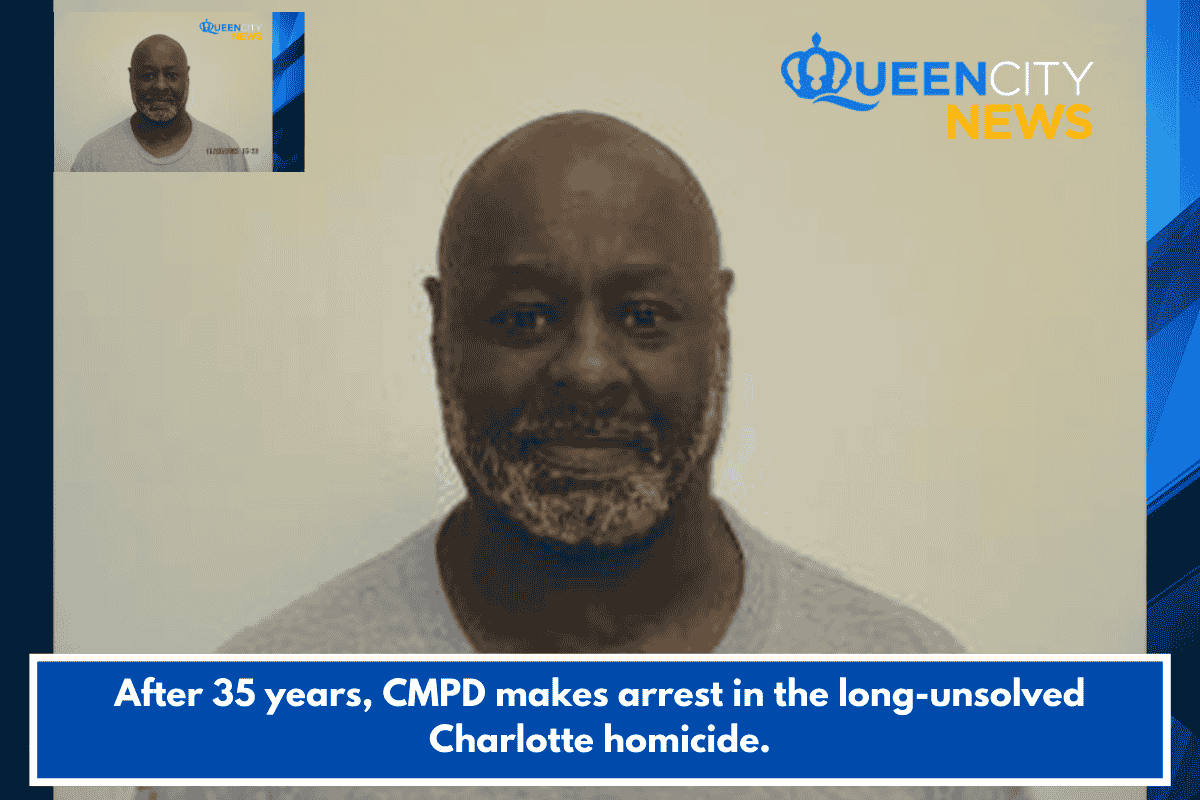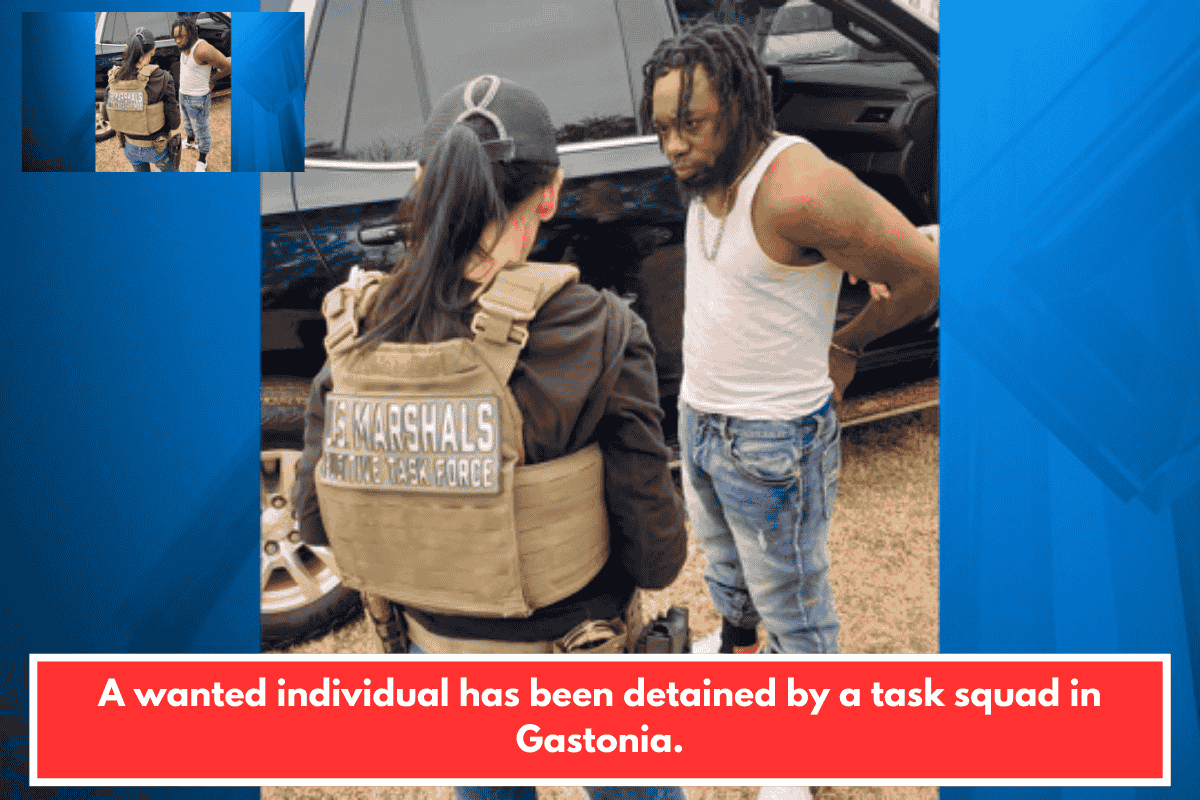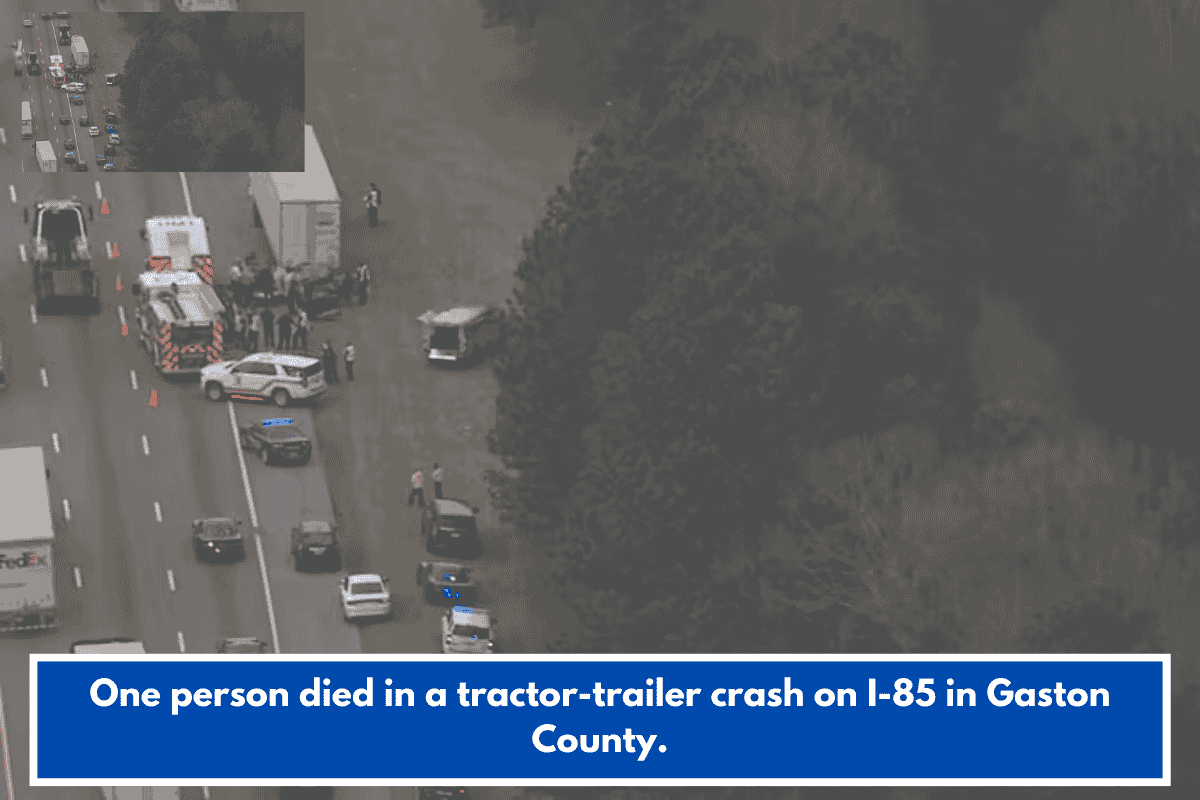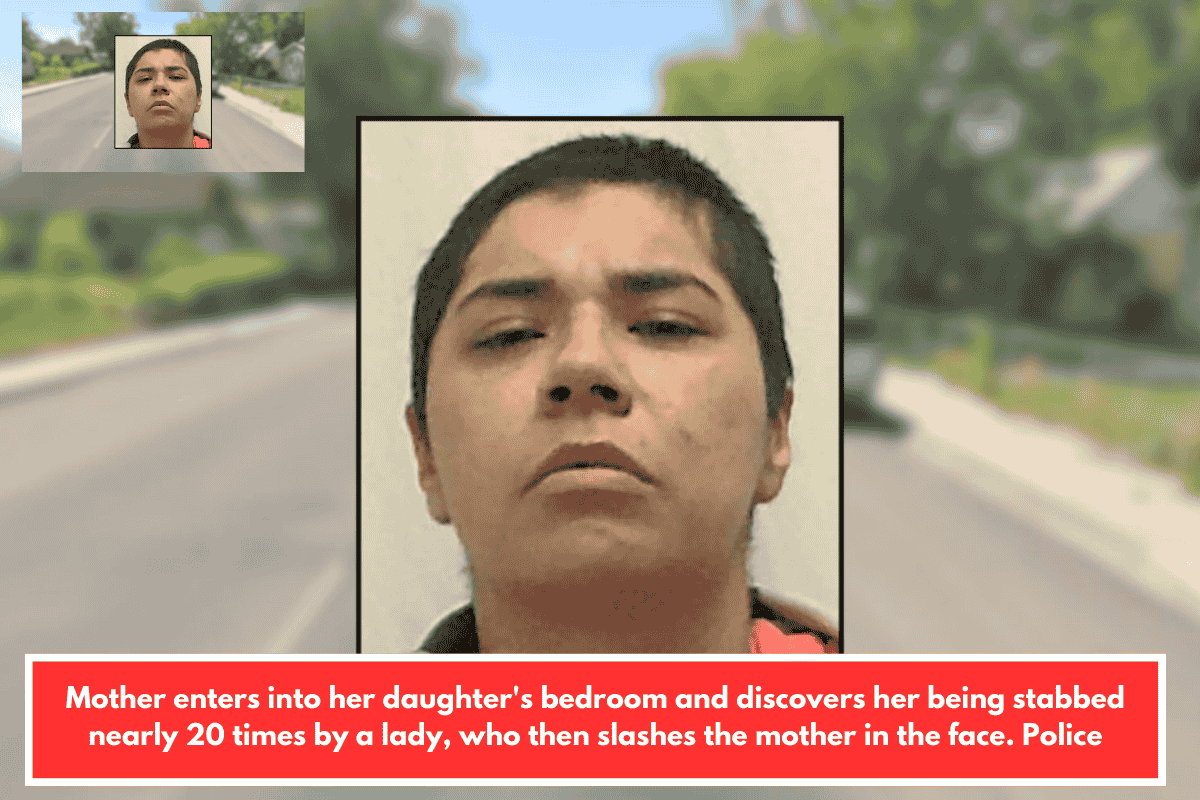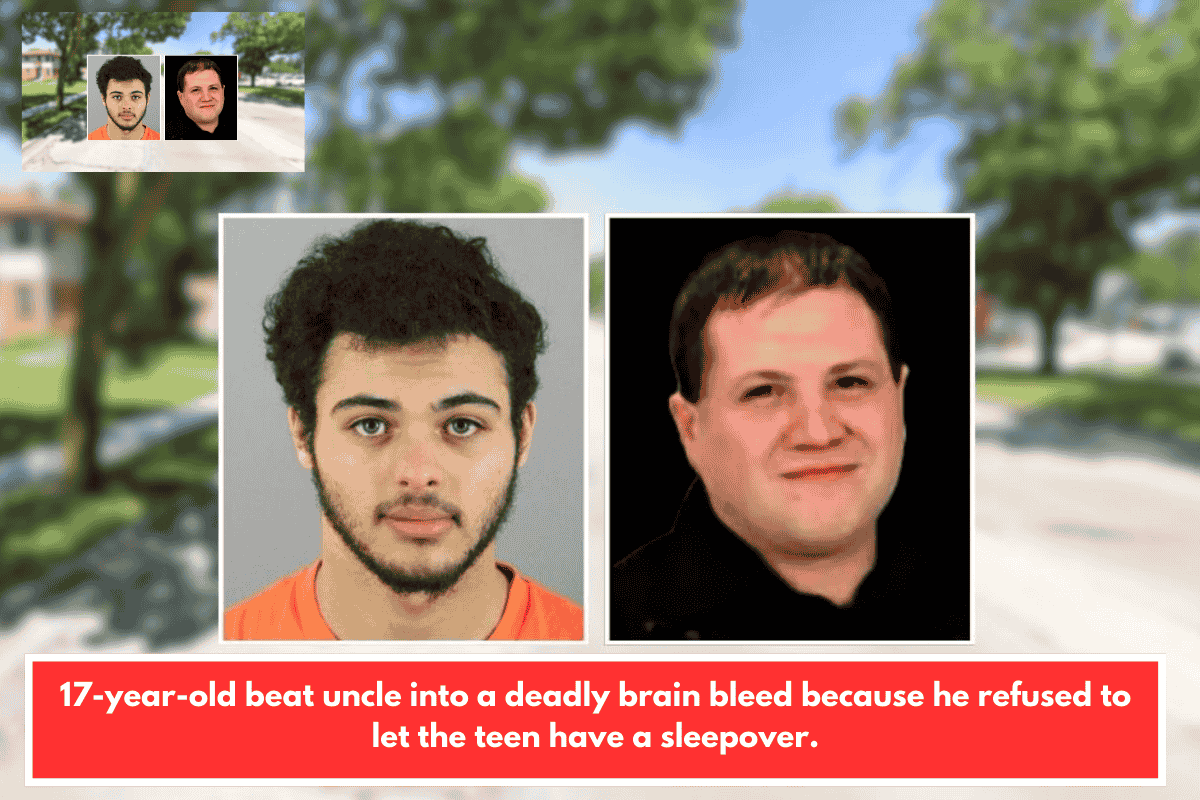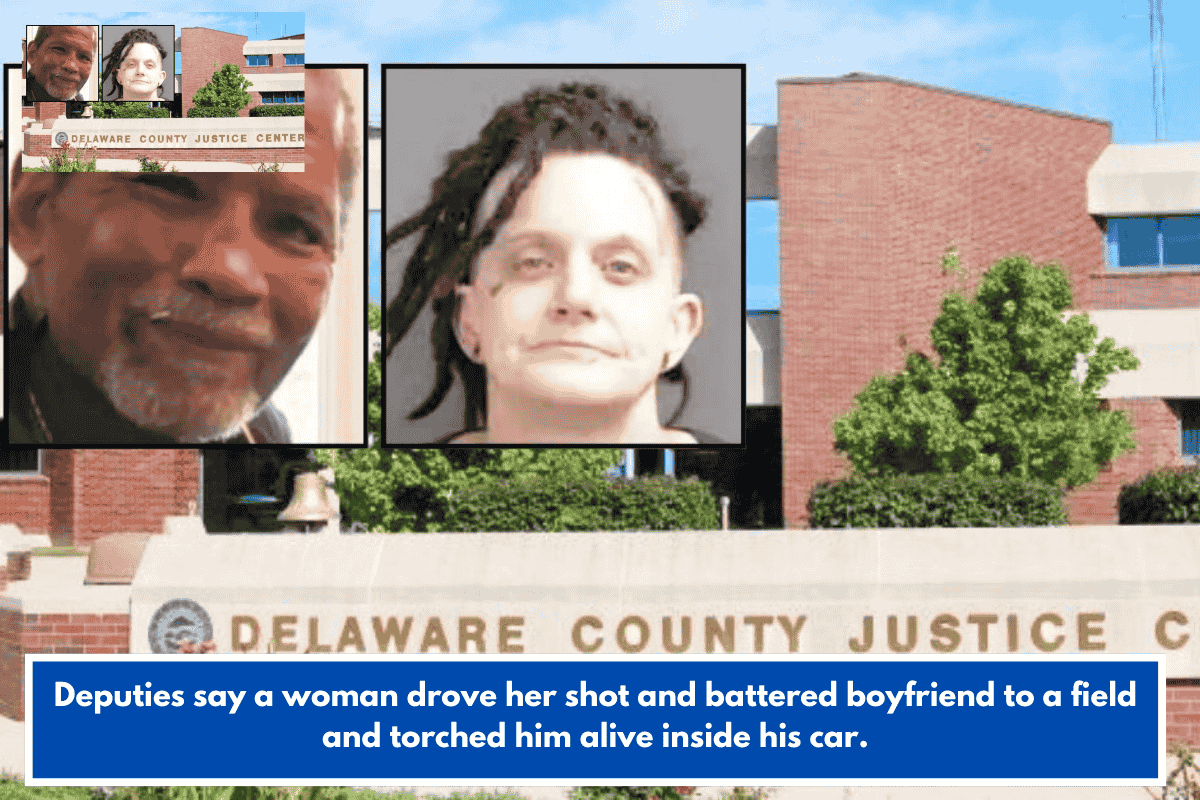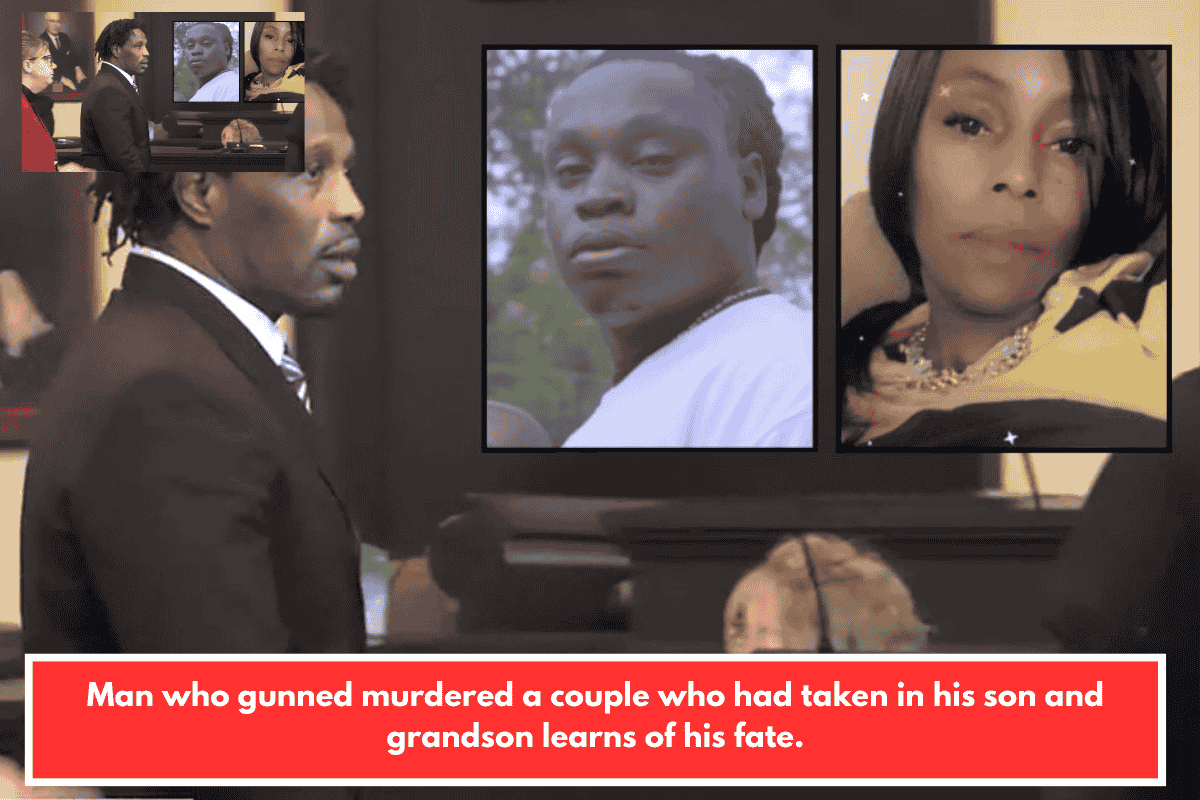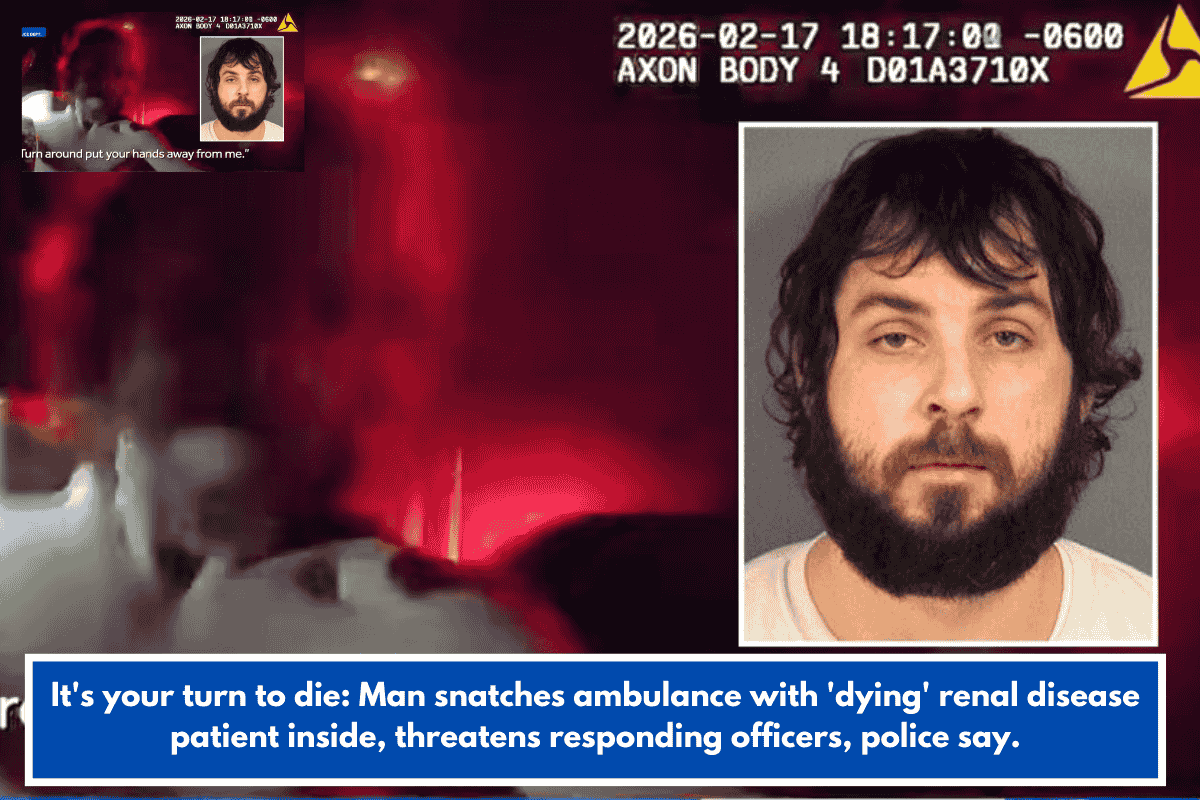From May 2 to 4, 2025, the Lowcountry will honor Louise Brown, who has carried the flag of diversity, equity, and inclusion, equality, justice, and freedom for over 80 years in and beyond the Holy City. “The Mother of the Movement” began holding her mother’s hand during the Cigar Factory Strike of 1946. Louise has not stopped since.
With a panel discussion at Parkside Church on Friday, May 2 at 10 a.m., a Friday evening party, a Saturday Brown family picnic, and a Sunday celebration, the Lowcountry will honor the last Civil Rights hero of that era who is still fighting. Even now, Louise was protesting on Daniel Island last week and served as the lead plaintiff in Brown vs. Charleston, a Federal Court case aimed at restoring free speech to Holy City. Louise was present when her first motion was heard by Judge Norton in the Waring Federal Courthouse last week.
Full details will be available on a new blog, which will be complete with relevant posts and fully operational by April 14. Honoring South Carolina’s Leading Civil Rights Heroine, Louise Brown.
Planning for the #CHSResist in Pink event on April 17
This celebration was planned as part of the #CHSResist in Pink community organizing event held on Thursday, April 17. Supportive members of the public recognized Lowcountry Up is Good’s values and welcomed the PAC and Pink House Community Resource Center.
Historic standoff on King Street, MUSC Hospital Strike of 1969.
In 1969, Louise Brown and 11 other former MUSC nurses formed a human shield blocking the road at the intersection of Morris and King Streets in Charleston. They were protecting Rosa Parks, Ralph Abernathy, Andrew Young, and Corretta Scott King, who were standing behind them. The fired nurses were also protecting thousands of locals, black and white, as well as the despised “outside agitators” who had shattered Charleston’s peace and ruined tourism during a months-long strike for equal pay and had come to march with them to Broad Street.
Chief Conroy had requested reinforcements from the SC National Guard. Tanks have now blocked the path to City Hall. The establishment desired quiet and a return to the busy tourist season. Social justice, equal pay, and freedom would simply have to wait another day, month, or year. Charleston’s tricentennial was just a year away.
It was the year of Woodstock and the lunar landing. It also happened to be Nixon’s first year. The marchers clearly did not have a permit.
The Guard commander called Governor McNair to ask what those nervous young men with loaded guns should do. There were two options: shoot the protesters or run them over. He yelled into his radio as the host before him sang, “Ain’t Nobody Going to Turn Us Around” and “We Shall Not Be Moved.” If things went badly, the young men with guns who were ordered to be on the wrong side of history could be executed in Vietnam. More importantly in Charleston, it would be detrimental to tourism.
The Governor reflected on how bad this could be for a state trying to break free from slavery and accelerate into the jet age.
Governor McNair gave up. The Guard let the protesters pass. Chief Conroy helped to keep the peace. A year later, 300 cannon shots rang out across the Holy City at the start of the fourth century, but no one was injured.
My father took me to the Francis Marion Hotel when I was nine years old to get a haircut and help break the boycott of downtown businesses. I had no idea that 50 years after he and my mother died, one of the women who stopped those tanks would adopt me as her son, allowing me to have a family again. This is some serious DEI.

